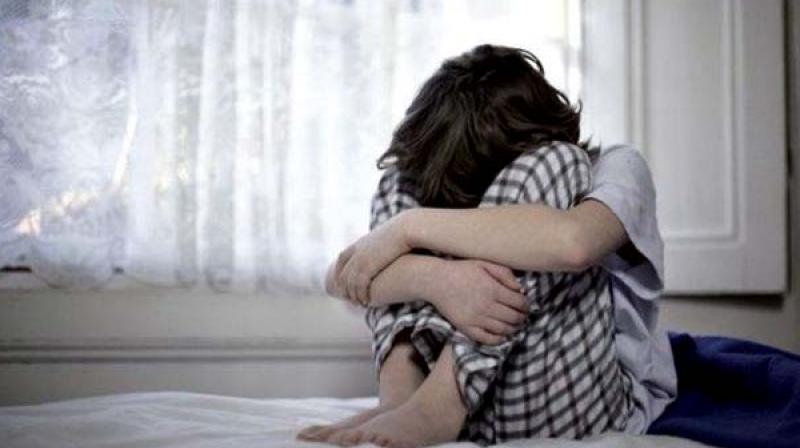The chat room: Teach kids how to discern, in their language'
Stories of rape and sexual abuse dominate mainstream media, with more and more children falling victim to predators.

Earlier this week, a minor was accused of raping a three-year-old girl. The perpetrator's only response was, "I wanted to experience what I heard from my friends." Dr Meena Jain, former Chairperson, Child Welfare Committee, talks to Darshana Ramdev about the implications of too much information and the absence of filters. Encouraging conversations might be the answer to prevention and dealing with victims.
Stories of rape and sexual abuse dominate mainstream media, with more and more children falling victim to predators. This week, however, Bengaluru awoke to a fresh tragedy: The rape of a 3-year-old girl. This case stood out for one reason. The perpetrator was also a minor, who allegedly told his interrogators: "I don't know why I did it. I wanted to experience what I heard from my friends about sex in school."
Social structures are in a state of flux, with huge amounts of information accessible to chilren and adults alike. "The social structure is changing," said Dr Meena Jain. "The trend now is that people are bombarded with information from every corner. A child takes in everything, but doesn't know how to filter it."
Society, feels Jain, should take a more proactive approach toward the safety of its children. This certainly isn't as simplistic as issuing blanket warnings against men in general. "Children need to be taught how to differentiate between good and bad," exclaimed Jain. "They need to be guided when it comes to building or developing interpersonal relationships at large, whether it's within the family or without!"
The accessibility of online platforms presents a contradiction. On the one hand, the average user finds an immense, global network of people at his or her disposal. "On the other hand, it's making people more selective. There's a lot of confusion in the younger generations now. They don't know what is okay and what isn't because opinions are highly fluctuating. They don't know anymore what's genuine and what's not."
While the levels of exposure cannot be changed, monitoring can be better. "Children need to be taught the vocabulary of safety, too," said Jain. 'Right' and 'wrong' dominate conversations around the issue. "Right and wrong make no sense to a child, because those concepts are so fluid," she added. "They need to know what's appropiate and inappropriate, careful and careless and good and bad. The child will attribute meanings to these terms."
The Child Protection Policy for Educational Institutions, of which Jain is a part, received the state government's approval in August last year. The policy, which deals mainly preventing and tackling sexual abuse amongst children, was issued by UNICEF and NIMHANS. According to this policy, a complaint box is made available to children and dealt with by the school, with records maintained in each case.
This policy involves the cooperation across stakeholders. The roles of the parent and the school are crucial, for they shape the child's willingness to talk about a problem as well as his or her ability to discern them. "Are children ever allowed to express their concerns or questions about sex? We need to make room for these conversations, in a way that involves all schools, students and parents."
Unsavoury elements exist everywhere, they always have and always will. “Today, they are being reported and talked about. You have people who actively seek out wrongdoing. What we need to do is prepare our kids, in language they understand."

